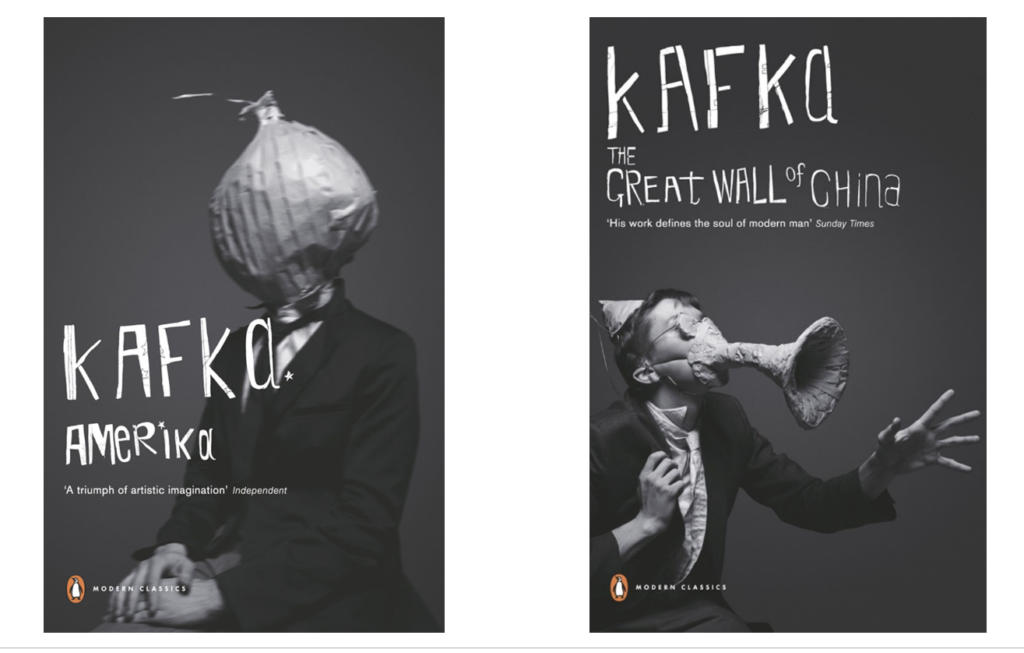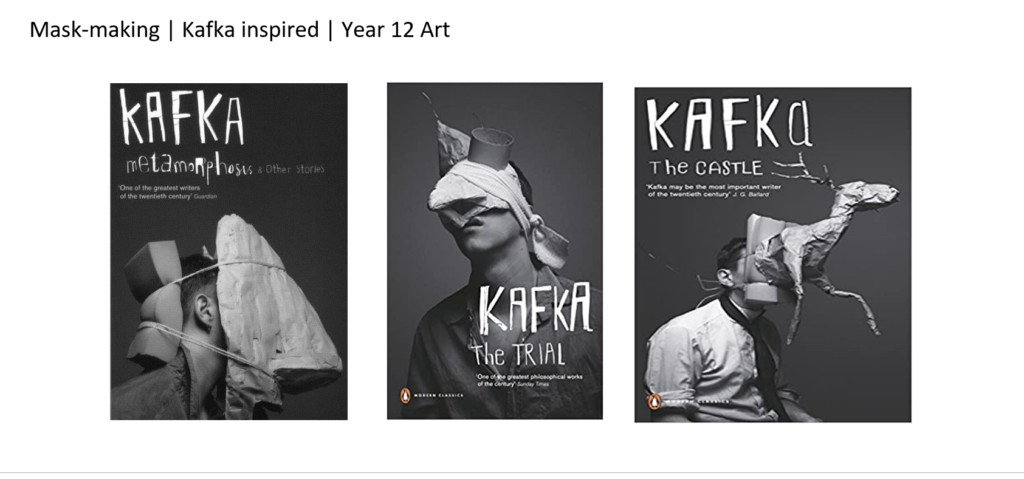
ALL TOO HUMAN – PROJECT
Starting Points…making and observing

This exercise combines sculptural 3D form with linear observational drawings of angular planes. You will have two sheets of white paper and a pencil, as well as instructions for folding the origami crane or paper plane, scrumpled up ball etc. You must fold the paper and then spend the rest of the lesson drawing this from a variety of angles, giving attention to line, tone, weight and shadows.

Use white A4 paper and a graphite pencil. Paper is creased, folded, ripped, rolled and torn to create tiny sculptures that each represent a chosen emotion (pain, sorrow, excitement etc). These are then drawn, including shadows, with notes about the chosen emotion. This encourages you to think about how abstract forms, shapes, lines and tone suggest meaning.



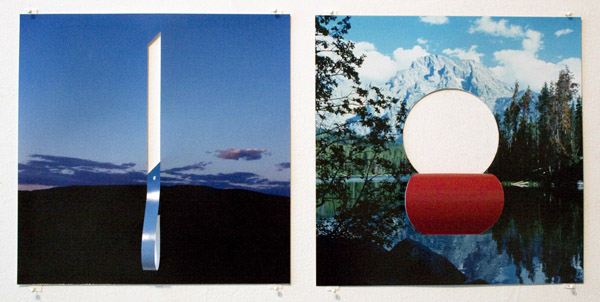

You can use white paper, scissors to produce an abstract sculpture. In particular, you should think about how light will pass through the sculpture and cast shadows. Photograph your sculpture creatively as a homework exercise, using a spotlight and black sheet as a backdrop, for example.
Artist References
Edgar Martins
FROM THE SERIES SILOQUIES AND SOLILOQUIES ON DEATH, LIFE AND OTHER INTERLUDES, PAPER PLANE INSPIRED ON A LETTER WRITTEN BY AN INMATE IN THE EARLY 1900’S, WHICH WAS THROWN FROM A PRISON CELL WINDOW, 2016

Martin Creed
There’s something about a blank page. There’s a sense of possibility, of course: this could be where it all goes right – this page could soon be home to the perfect drawing or piece of text – but there’s also a sense of anxiety, after all what can go very right can also go very wrong. We’ve probably all been there, stuck in the cycle that sees each new page end up in the bin. You write. You read. You screw up the page and start again. If the blank page carries a sense of possibility I guess the scrunched up ball of paper carries the sense of exasperation.
In the case of Martin Creed’s Work No. 88, A sheet of A4 paper crumpled into a ball the connotation of disappointment at things not going according to plan is there to an extent but the tight roundness of the resulting ball is too close to perfect to be the result of anything other than a more careful, considered crumpling up of the page.

Brendan Austin
Brendan Austin creates imaginary landscapes out of crumpled pieces of paper. He calls them ‘Paper Mountains‘. Austin examines what we mean by nature and the way humans have impacted upon it. “The isolated desert city running on oil generators, the mars like landscapes of a volcanic environment and the mountains made from paper all attempt to start a conversation concerning the loss of meaning and reality.” The resulting images appear both recognisable as landscapes but also suggest a sense of artifice. Humble materials are made to carry an important message.
Photographing Paper
- Take an A4 piece of plain white paper
- Scrunch the paper into a ball
- Using your iphone / camera photograph the ball
- Think carefully and creatively about how you can transform the paper ball…
- Try to show various approaches to composition and framing, exposure, lighting, movement, focus, shadow-making
- Take as many different, interesting, quirky, sequential, right, wrong and intelligent photographs of the paper ball.
- Then make a series of drawings from your images — try a grid of thumbnails, or panoramic compositions…
CUT-N-PASTE PORTRAIT EXERCISE
Influences
CUT & PASTE
The Surrealists inherited an interest in photomontage from Dada who had used this technique to disrupt the dominance of easel painting in the art world. The Surrealists enjoyed the chance associations of different elements that suggested the logic of dreams. Often incorporating text (also reflecting a poetic rather than logical choice and arrangement) photomontages feature in prominently in Surrealist photography and have gone on to influence subsequent generations of artists and the advertising industry, in the process losing some of their subversive edge.
https://www.widewalls.ch/magazine/photomontage-art



Rankin (Destroy Project)

Joseph Cartwright (Instagram)
John Stezaker


Kensuoke Koike
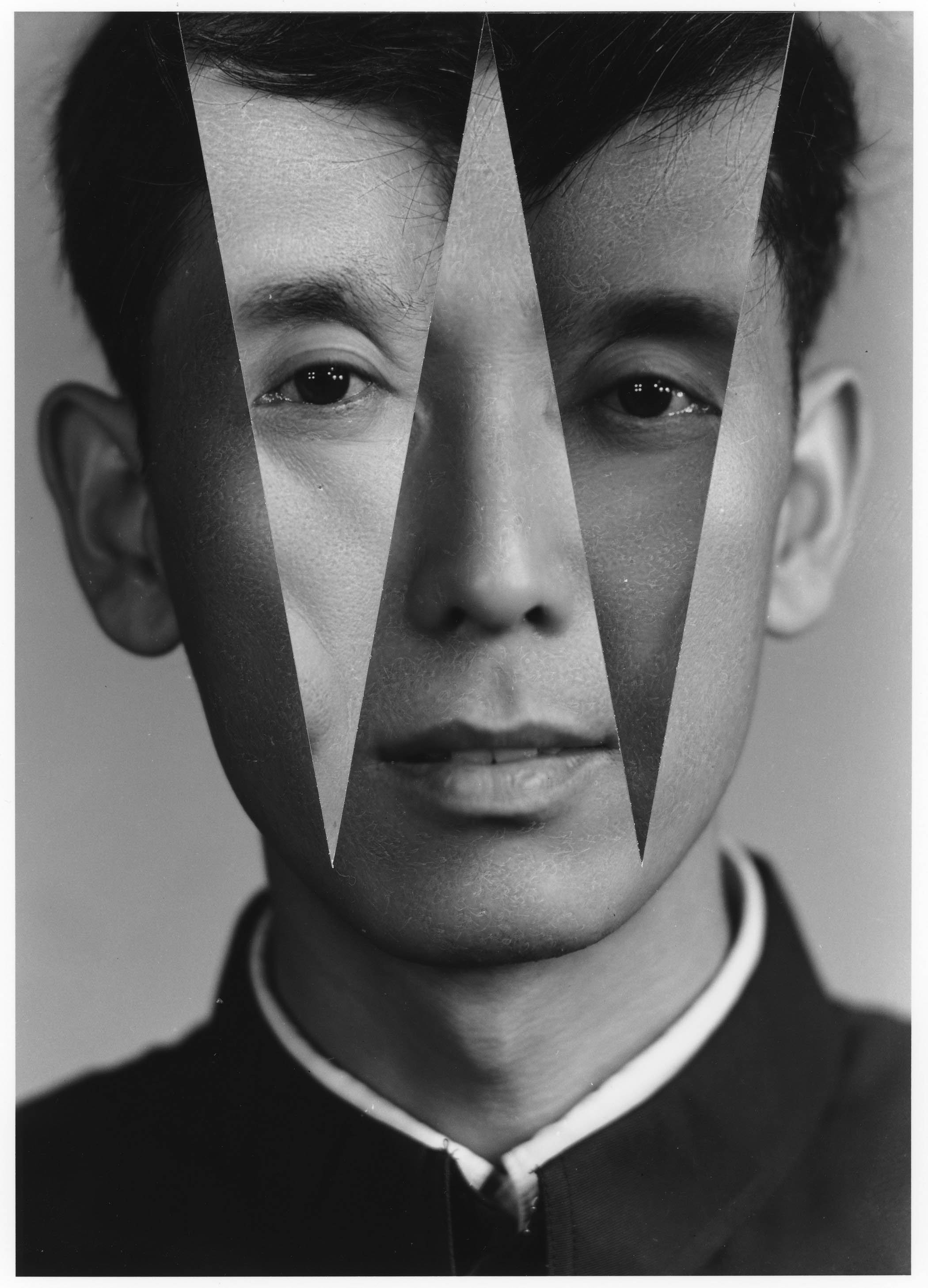
Jesse Draxler




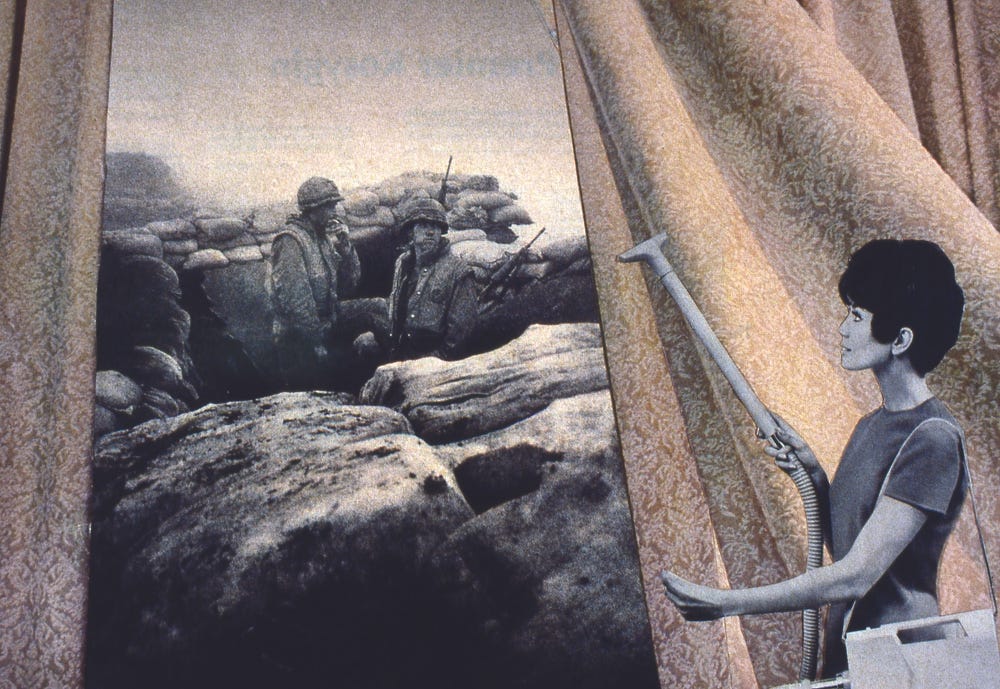
EXQUISITE CORPSE
Influenced by Dada, Surrealist artists developed games of chance such as ‘The Exquisite Corpse’ to also incorporate collage and photomontage. This is similar to an old parlour game called Consequences in which players write in turn on a sheet of paper, fold to conceal, and then pass to the next player for a further contribution.
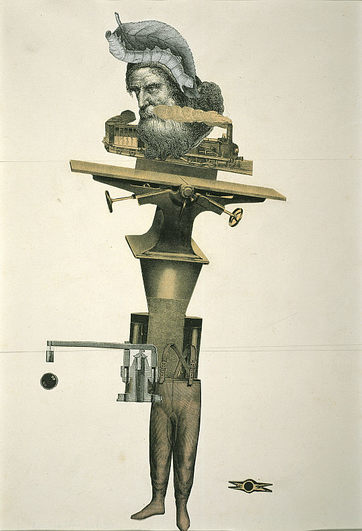
André Breton, Jacqueline Lamba, Yves Tanguy – Exquisite Corpse 1938

MASKS AND HEADRESSES
